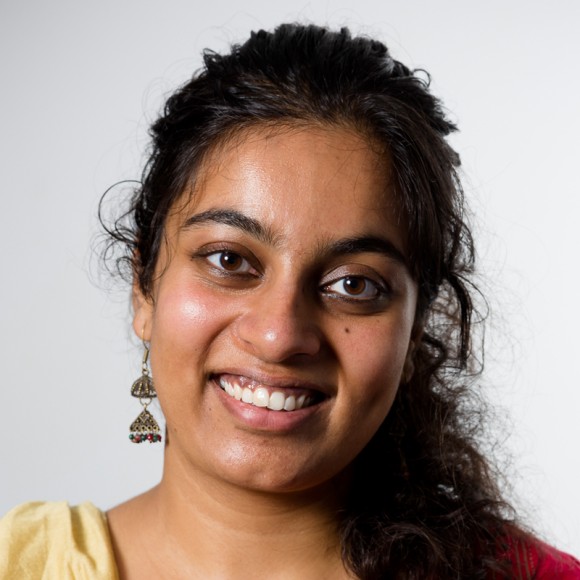What are some learnings you had when you started to measure impact?
Two social entrepreneurs share lessons from measuring impact, including avoiding data overload, challenging bias, and using metrics to better serve beneficiaries
Featured speakers

Shruthi Iyer
India Fellow

David Chak
Malaysia Fellow
Shruthi Iyer
India Fellow
David Chak
Malaysia Fellow
Transcript
David Chak, Co-founder, Arus Education
So over the past years Arus has been in existence, we have had our own learnings. We went through a journey I call the four stages of data maturity and data familiarity. I think every social organization will probably go through these four stages.
Stage 1: You go from not knowing you need to collect data.
Stage 2: Realizing, "Oh, no, I need to collect data!" That's when you start to panic and you collect every single thing.It’s at this point, where I think a lot of organizations will be stuck in, when you want to collect so many things that you end up having a 20-page feedback form, which your beneficiary will hate filling in. So that is stage two.
Stage 3: Recognizing that you don’t need all the data. You only need the essentials (A, B, C, and D) and begin streamlining and simplifying metrics.
Stage 4: (which we are still moving toward) Using data for its intended purpose.
How do you go from describing the data to using data prescriptively, to inform decision-making and to serve your goal of benefiting the people you work with? The goal is to get to stage four as fast as you can. And if you can’t, don’t worry – it’s a normal process. Just work through it step by step.
Shruti Ranganath Iyer, CEO, Foundation for Mother and Child Health
There have been many learnings since we started looking at our data. But a couple stand out for me.
One has been around my own confirmation bias. Many times I look at data to see the results that I want to see. I have consciously been catching myself doing that and saying, objectively, what is the data telling us? It's been quite transformational for me and the team. Whether it is saying things are going much worse in the field than you thought, or saying things are much better than you anticipated, either way I think just having that objectivity by looking at data is critical.
Another learning – more recent – is that many of us don’t really understand data and are afraid of it. At the end of the day, it is really just numbers. Start simple, start small. You don't have to build a complicated system. It's very logical. Just make sure that you're being true to yourself. It’s also an issue of leadership. Be true to yourself when you're looking at the data. Be in service of the final customer you are serving.
Key takeaways
Go beyond collecting everything, use data to make decisions that serve your goals.
Be careful of confirmation bias and look at what the data is actually telling you.
Start simple, start small. Don’t be afraid of data, it’s just a tool to help you learn.
